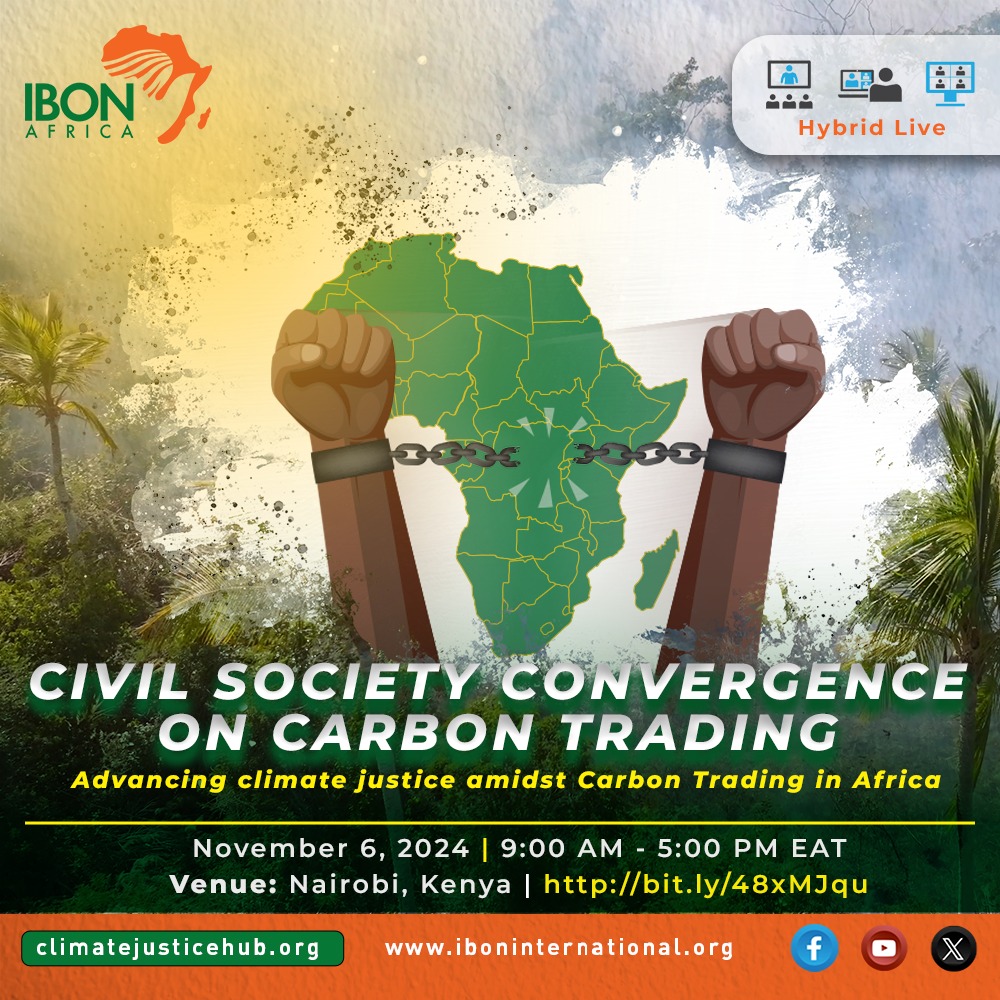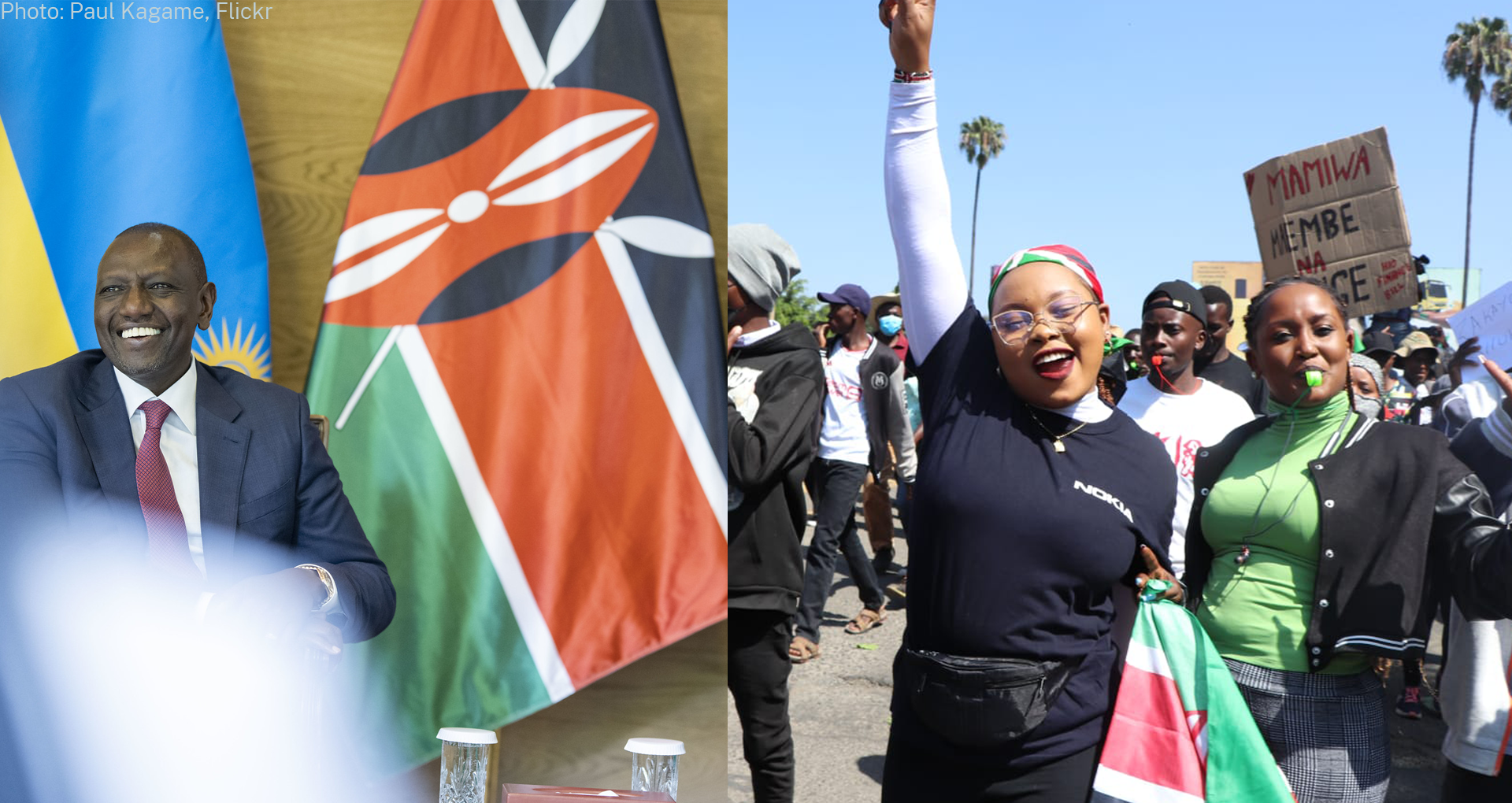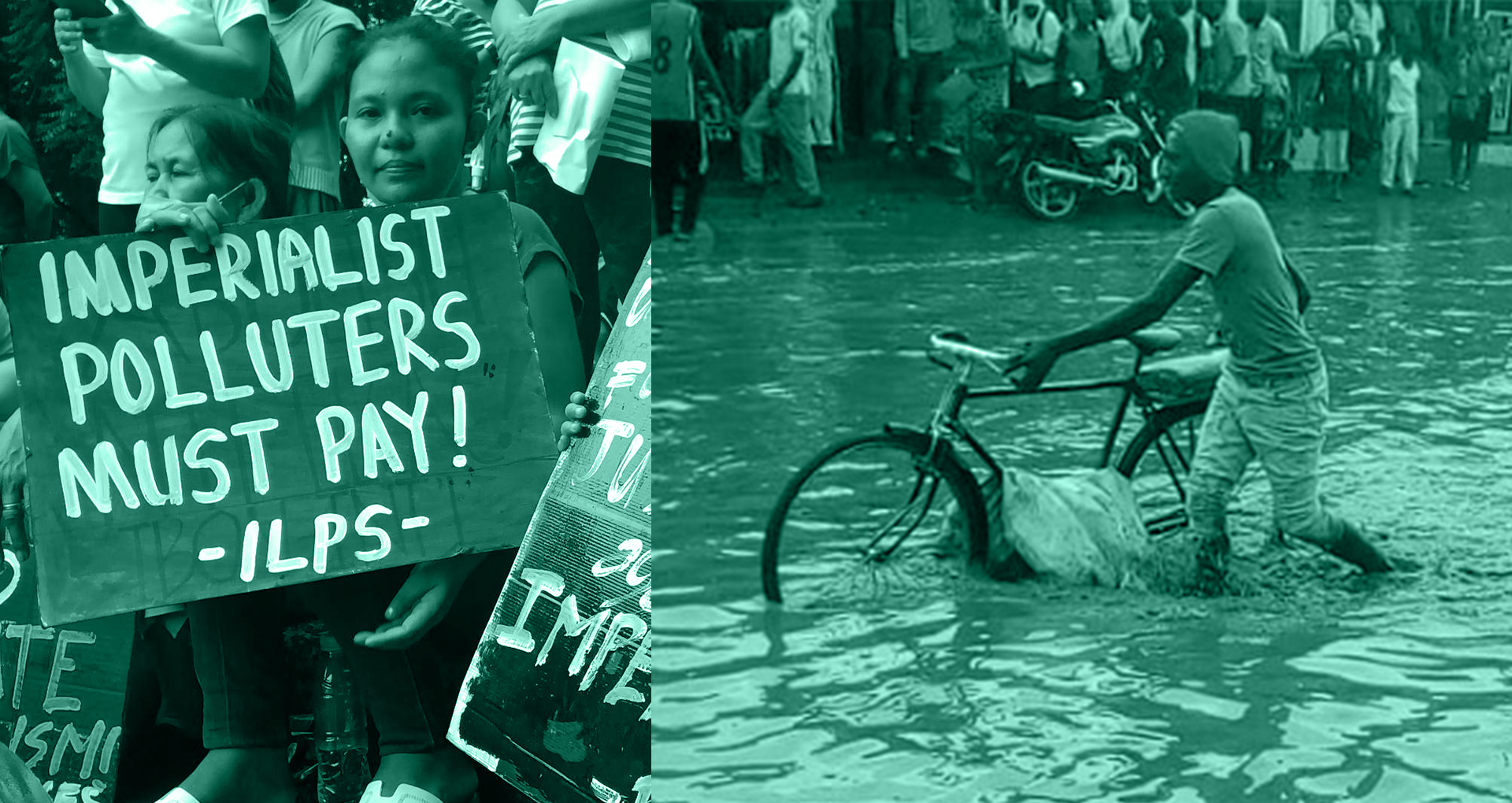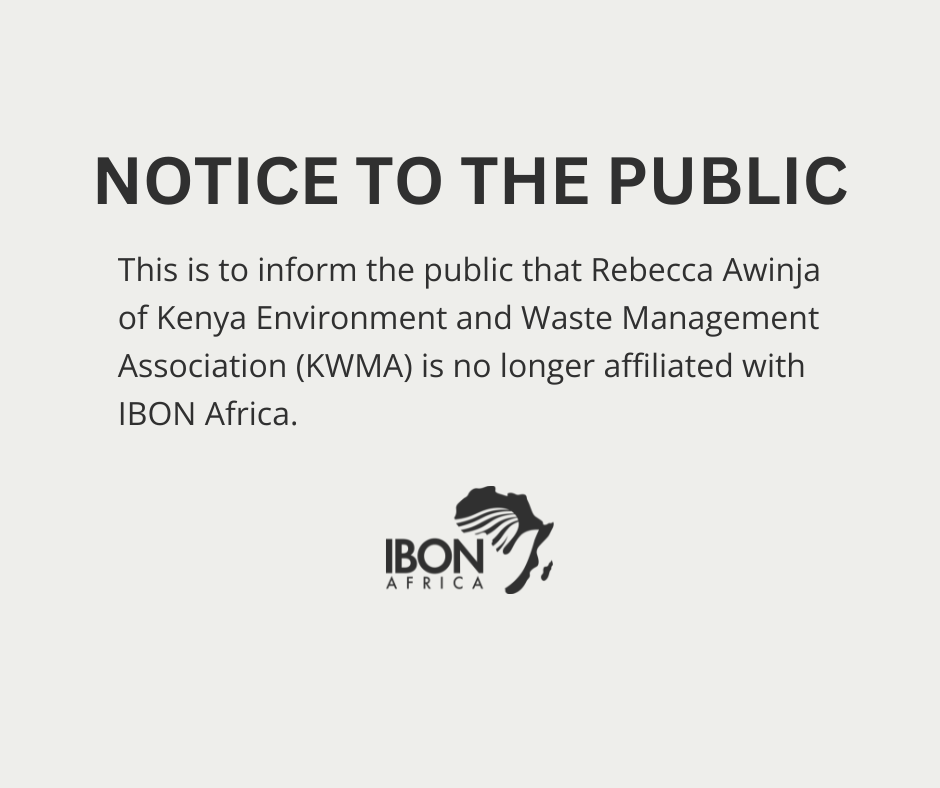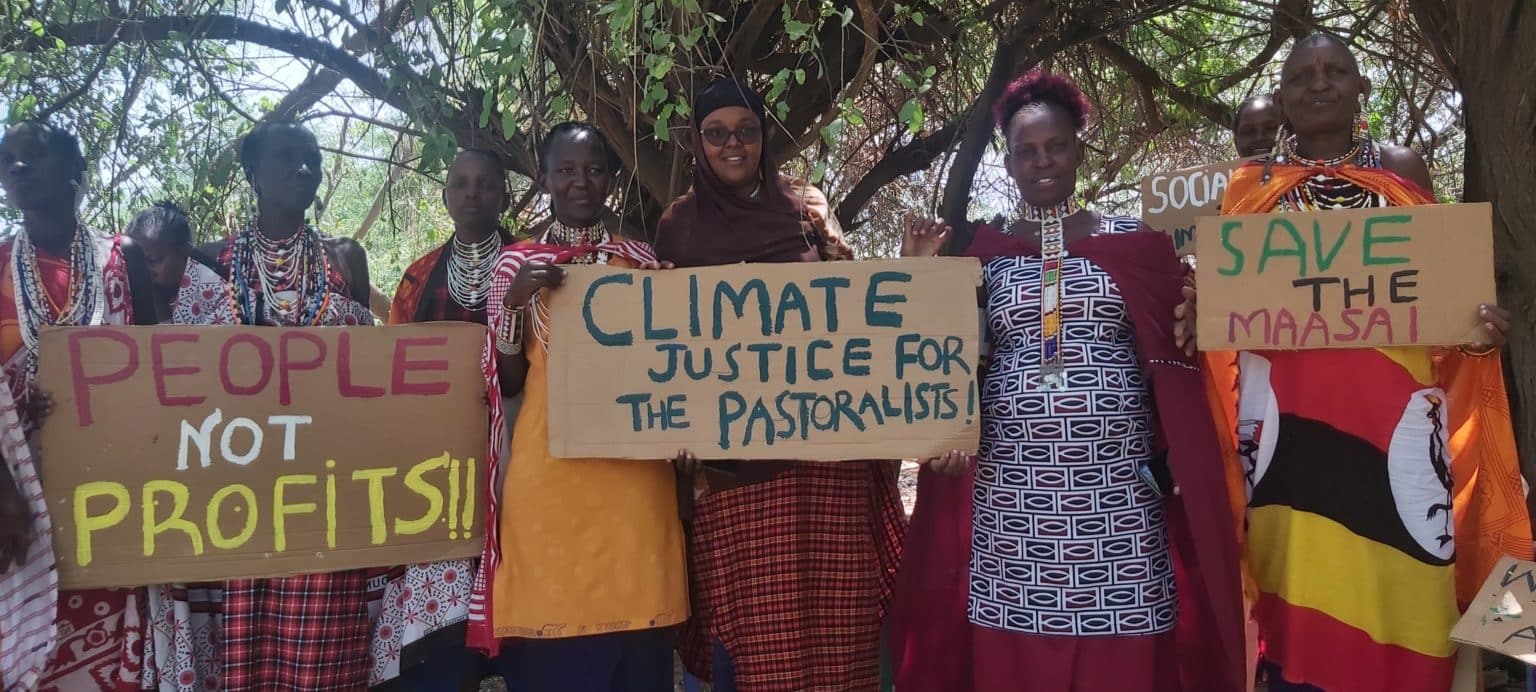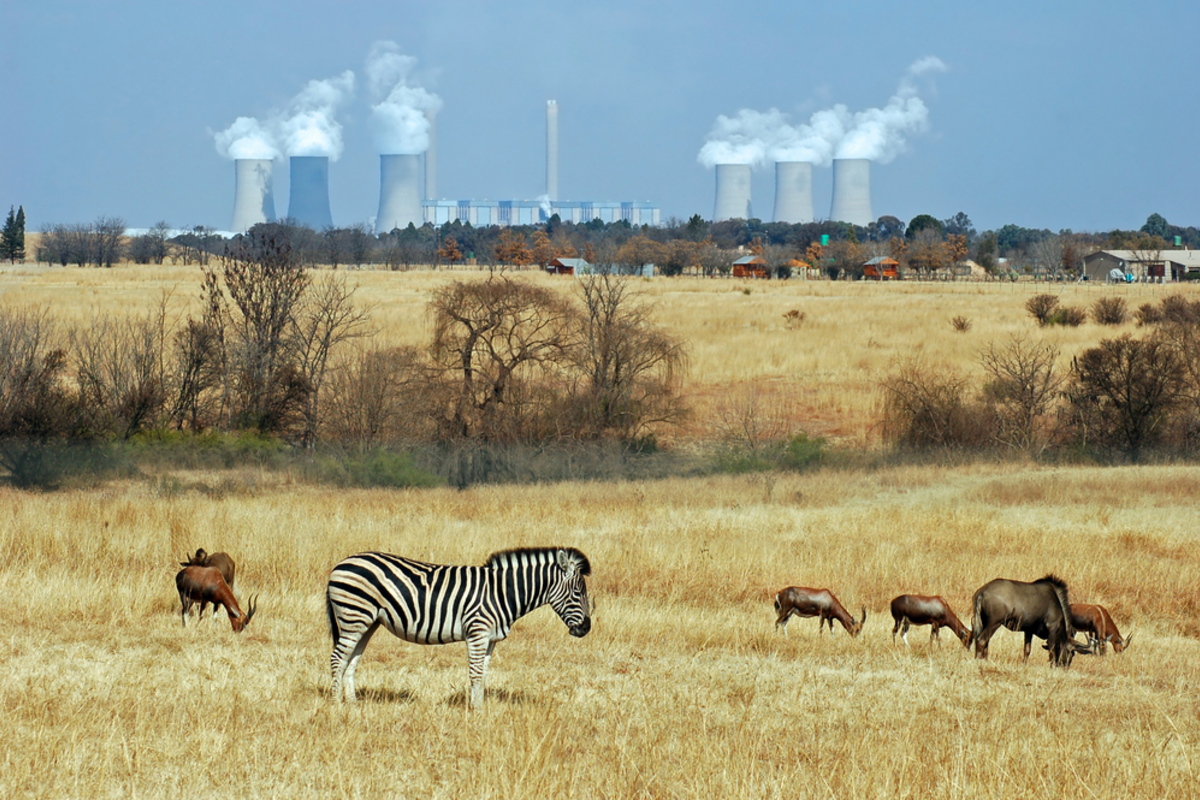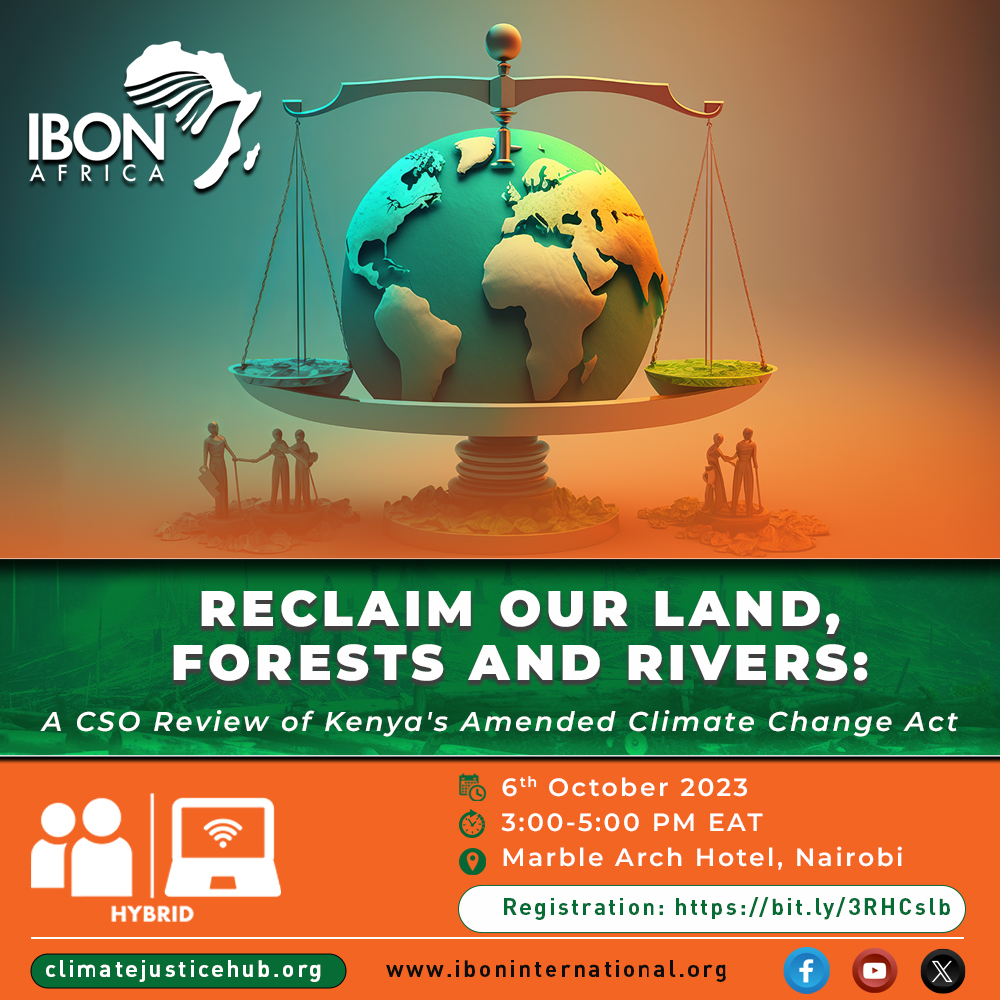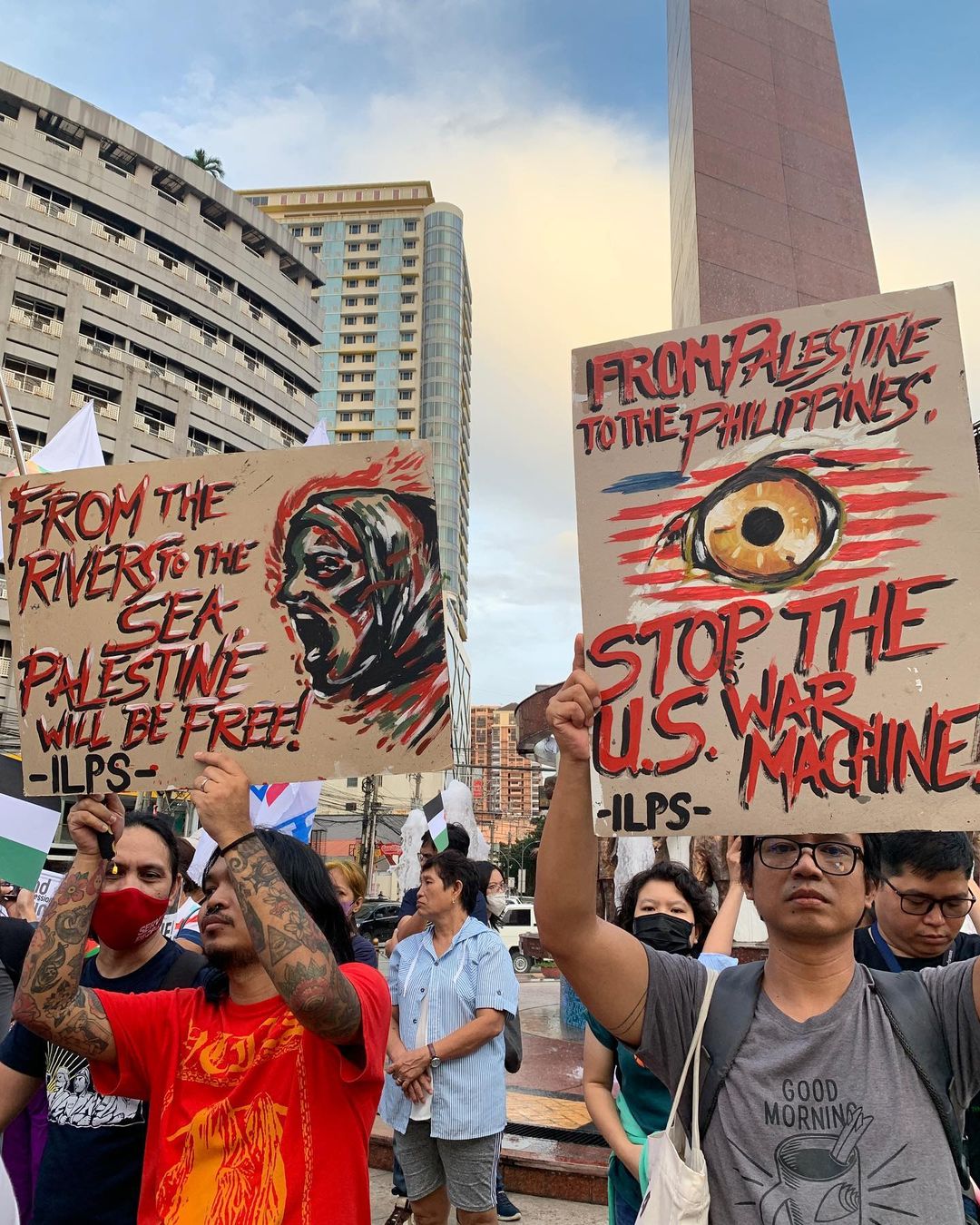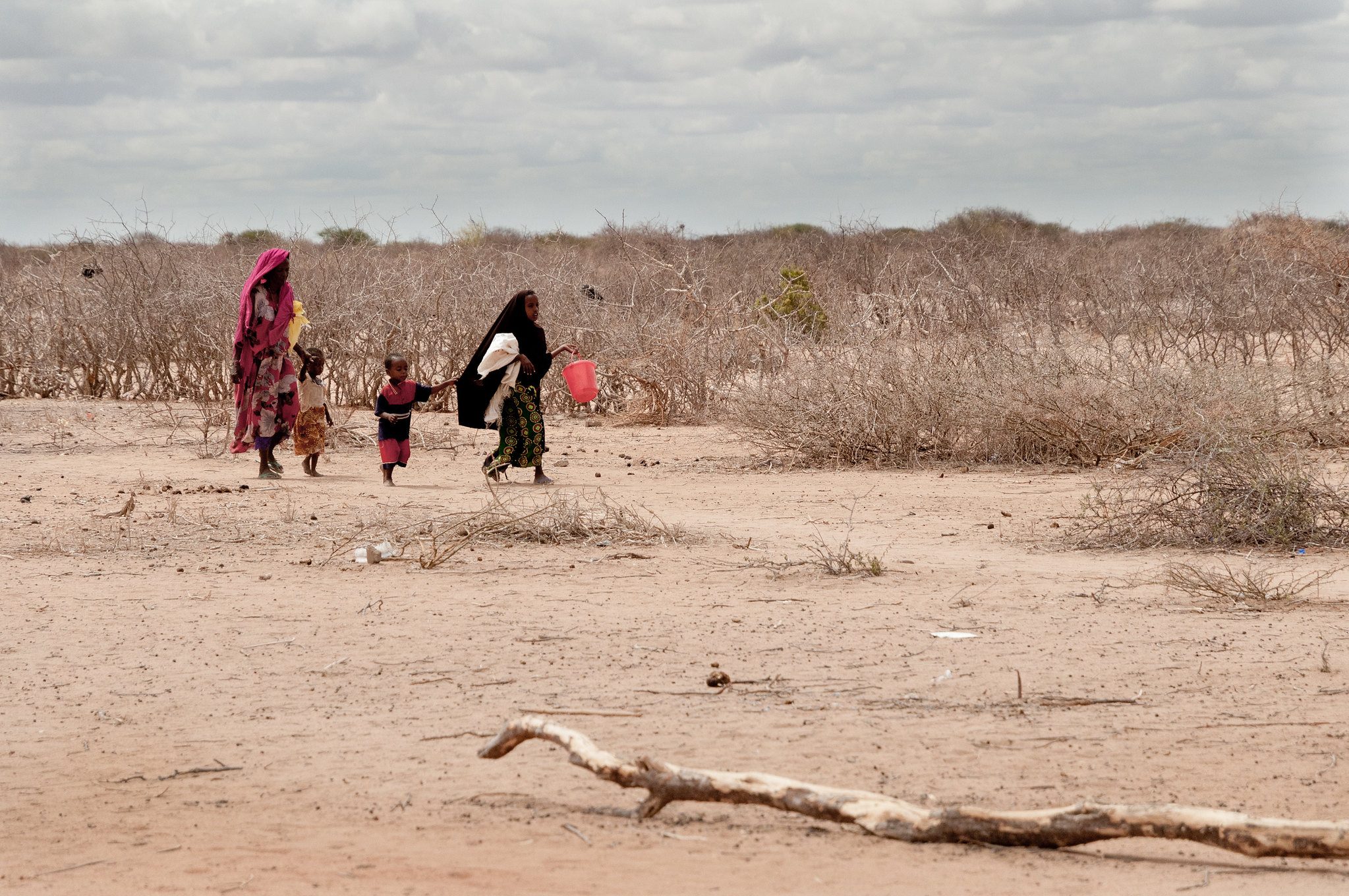Civil society organisations (CSOs) in the region have been raising concerns over exclusion, trade injustice, and resource plunder related to the adoption and implementation of the African Continental Free Trade Area (AfCFTA). The AfCFTA paves the way for the imposition of neoliberal policies at the national level that prioritise corporate profits and elite interests over protecting peoples’ right to basic social services.
IBON Africa has taken a significant step forward in advancing a people’s agenda for intra-African trade by launching a CSO Platform on the AfCFTA. The platform aims to unite African civil society in coordinating efforts to influence policy-making, promote accountability, and engage stakeholders in trade and development issues.
The initiative follows IBON Africa’s successful workshop held last August 17-18, 2023 in Nairobi, Kenya, which brought together representatives from civil society, and women and youth organisations. During the workshop, participants discussed the implications of AfCFTA, with a specific focus on the connection between trade impacts and the climate crisis.
Participants highlighted the key advantages of building a CSO Platform on AfCFTA:
- The platform will function as a coordinating mechanism for members and partners of the platform, ensure a consolidated voice in engaging the AfCFTA and other relevant stakeholders;
- Influence AfCFTA implementation and stakeholder policies and practices through forwarding CSO recommendations in relevant policy arenas at the national, sub-regional, and regional levels;
- Follow and monitor the progress of the AfCFTA implementation;
- Raise awareness on the impacts of AfCFTA and promote people-powered sustainable consumption and production as alternative through forums, study sessions, trainings, and communication materials, among others; and
- Reach out and build alliances among CSOs, peasants, workers, women’s organisations, and Indigenous Peoples, among others, against exploitative free trade areas.
The African CSO Platform on AfCFTA will engage the AfCFTA, national governments, regional economic blocs, the African Union, and African Development Bank, bringing the people’s trade agenda as a framework that promotes alternative forms of international exchange. The people’s trade agenda requires laying down the foundations of a strong economic base by advancing genuine agrarian reform, and promoting the development of national industries, instead of seeking to subsume entire economies and governments to the interest of large corporations and rich nations.
For more information, view the platform’s concept note. #


